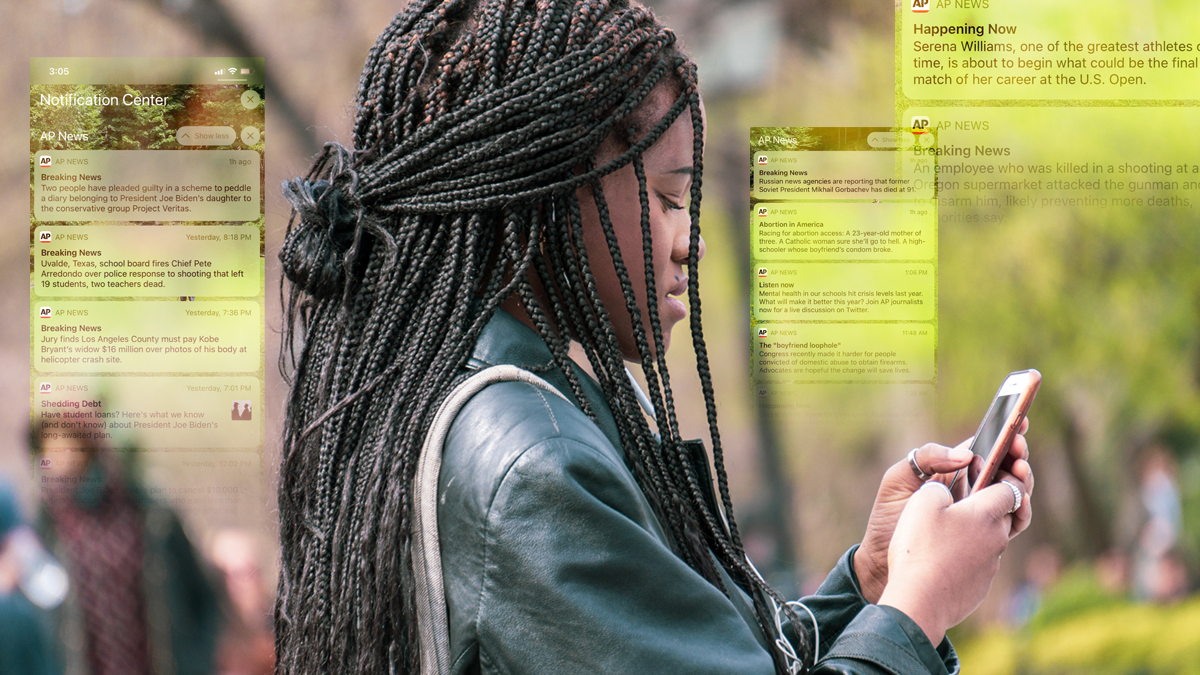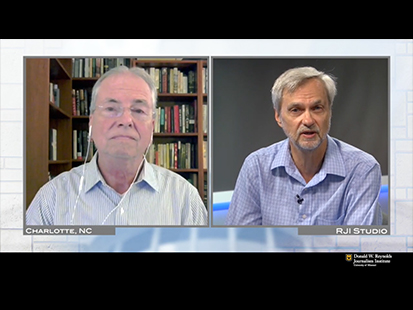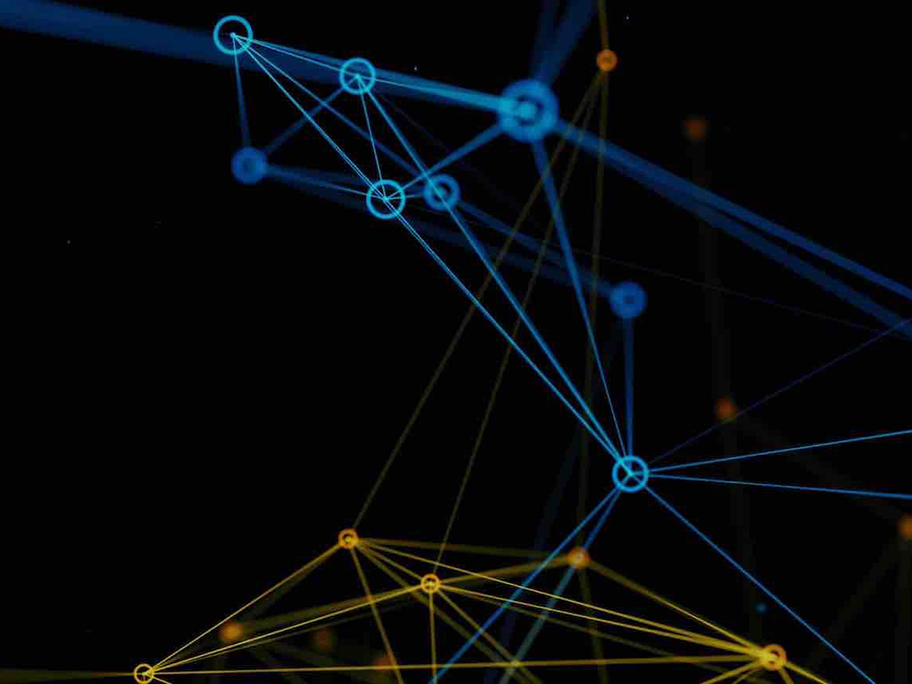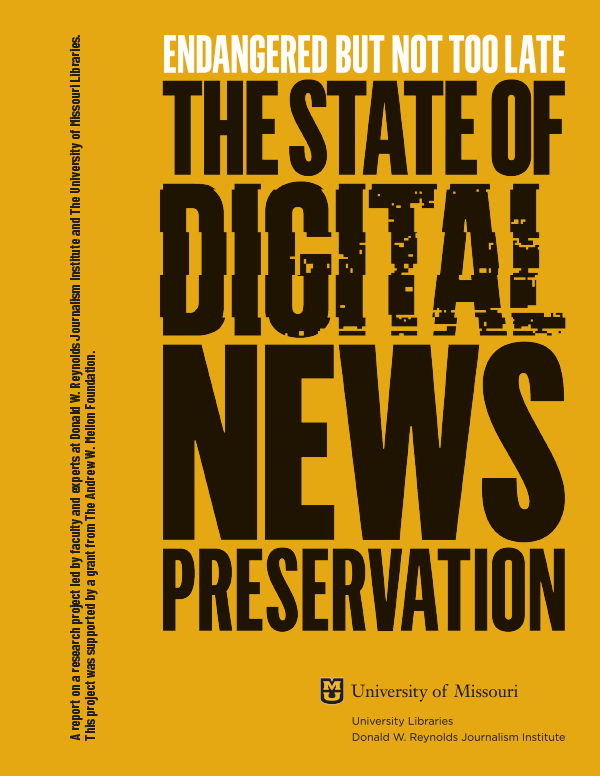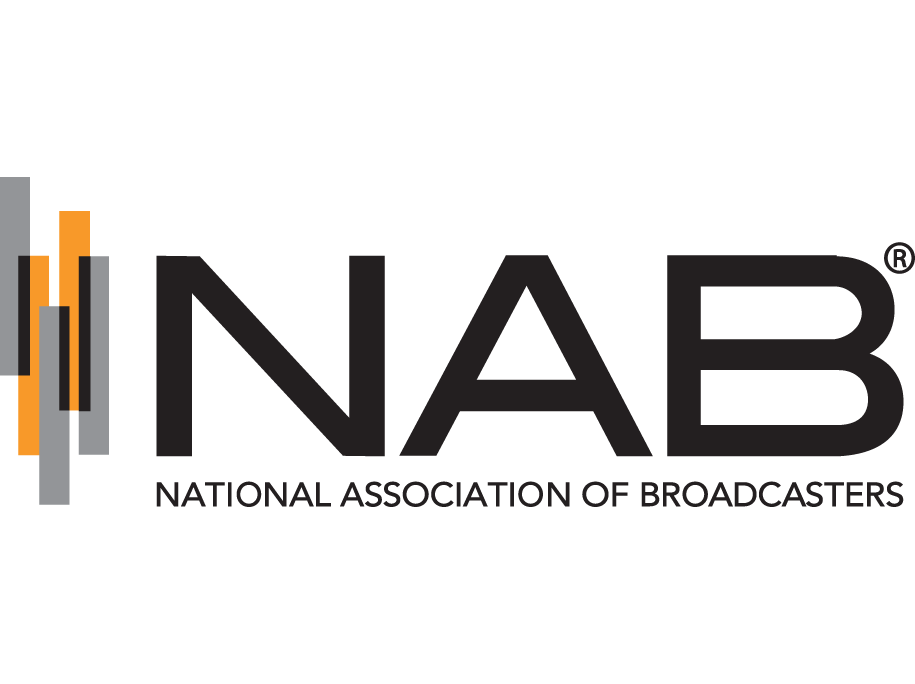
Research
It’s not easy to craft a push alert strategy
This RJI Fellowship research report offers recommendations and insights on how to improve your approach.
Succession planning is key to journalism’s sustainability
Digital news organizations need to prepare and plan for leadership transitions.
Audiences for news notice cutbacks, reward brands with quality momentum
Smartphones most relied on, but television is where audiences still find news of value.
Research suggests media should stay away from ‘elite’ sources when discussing COVID-19
Missouri School of Journalism assistant professor Monique Luisi has some advice for local journalists delivering news about vaccines and public health guidelines: keep it local.
Helping readers make sense of digital news
The art and science of designing for understanding On Twitter, when you share a five-year-old story from The Guardian, two interesting things happen. First, at the bottom of the included image, an overlaid tag declares the story is “from 2016.” And second, in some cases, next to the tag is a section name, “Opinions.” The … Continued
Leaders of color could be the future of local news — as long as we can convince them to stay
Journalists of color need internal and external support to accelerate their pace of growth and development.
News archives: The untapped resource Part 1
News archives are a resource not often discussed in newsrooms today. The once rich repositories of carefully preserved news and research data, tended by trained librarians and staff experts are mostly gone now or hanging on by a thread.
What the Digital News Report 2021 means for your audio strategy
The Digital News Report, the latest edition of which was published at the end of June, is a must read for anyone who wants to understand the behaviors of online news consumers.
New report shows it’s time to preserve your digital news
As news media organizations hustle to publish today’s news, it can be a struggle for them to think about how to keep their digital content from disappearing.
NAB and RJI research provides guidance for journalists on trusted messengers and effective messaging
Survey by SmithGeiger finds Americans eager for a vaccine and “return to normalcy” Washington, D.C. — A new nationwide survey finds a strong majority of Americans are eager for a COVID-19 vaccine and interested in news coverage that provides expert testimony on the safety and efficacy of vaccination, the National Association of Broadcasters (NAB) and … Continued
